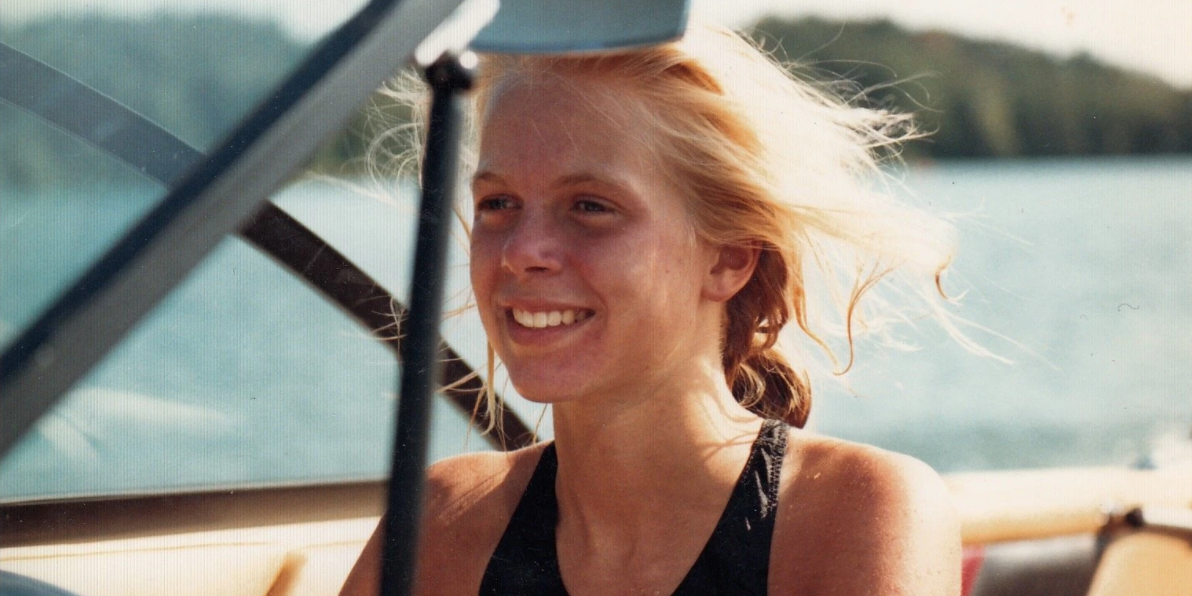A memoirist is asked the same few questions over and over. One that comes up surprisingly often: “Did you write your book as a cathartic act?” My answer has always been an emphatic No. In good memoir, I maintain, emotions have been processed, dealt with, swept neatly into the dustpan, well before the writing occurs. My defensive crouch (No!) might have something to do with the genre’s ignominious status: After all, memoir often gets frowned upon as glorified journaling. It’s important — to memoirists, if not to anyone else — that we acknowledge a memoir is a made thing, a piece of art, and not merely a howl or a sob or a rage.
What then to do with Susan Burton’s “Empty”? Burton’s memoir tells the story of her early struggles with anorexia and binge eating. The book, from beginning to end, is a document of anger. There’s quiet fury at its center — a nuclear sun that radiates not out at the world, but back at the author herself. This is decidedly not the work of someone who’s worked through all her issues, as the jargon goes.
And yet: The author’s anger gives the book its considerable power, its substantial grace and even, in the end, its meaning — which goes against every received idea of what good memoir is, and how it ought it to function.
Read the full article here.






